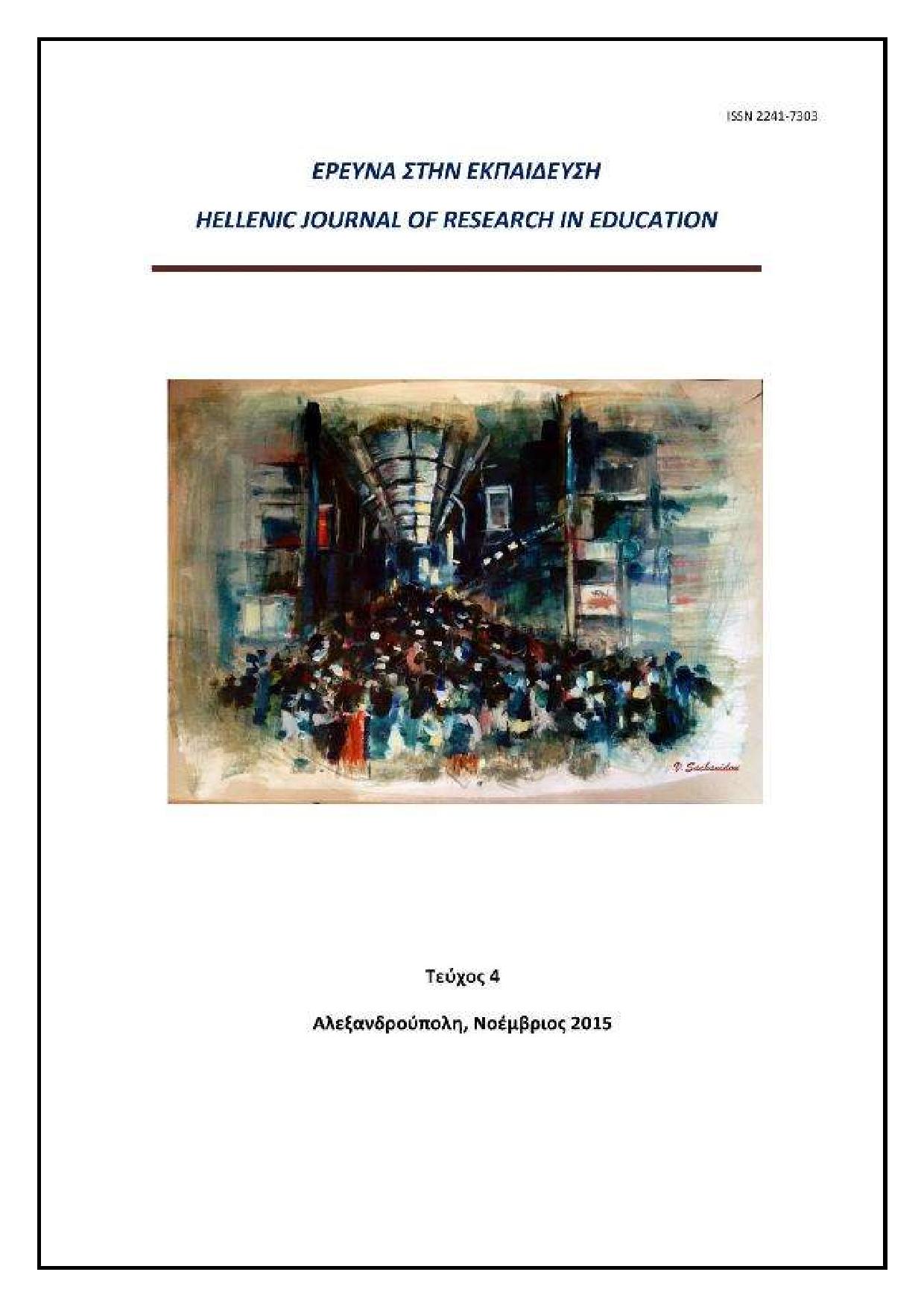Key scenario and anti-scenario: ‘Effort’ and ‘ease’ in students’ discourse about cheating at exams

Abstract
The present study belongs to the small, though growing, qualitative tradition of research about undergraduate cheating. It maps the discourse of “toil” and “effort” in Greek students’ account of cheating at the examinations. Data derives from 17 semi-structured interviews with male and female students from a university in a small Greek town. The study adopts a social-constructionist approach, which views speech as a form of social activity. Data analysis and interpretation are carried out from a cultural perspective, based in symbolic anthropology and in particular in Sherry Ortner’s notion of “key scenario”. Among the most central symbols in a culture, “key-scenarios” condense culturally important goals and suggest the (culturally legitimate) strategies for their achievement. The students’ discourse features two main “scenarios”. One of them extols the value of achieving a degree through study and personal effort. The other scenario views graduation as a goal that may reasonably be achieved by cheating, in an effortless way. The two scenarios intertwine, both in the body of data as a whole and in the speech of one and the same participant, in a way that can be defined as contradictory from the point of view of formal logic. After analyzing and comparing selected extracts from the data, conclusions are drawn about the way social actors use apparently contradictory bits of cultural knowledge.
Article Details
- How to Cite
-
Benincasa, L. (2015). Key scenario and anti-scenario: ‘Effort’ and ‘ease’ in students’ discourse about cheating at exams. Hellenic Journal of Research in Education, 4, 224–245. https://doi.org/10.12681/hjre.8862
- Issue
- Vol. 4 (2015)
- Section
- Articles

This work is licensed under a Creative Commons Attribution-NonCommercial-ShareAlike 4.0 International License.
Authors who publish with this journal agree to the following terms:
- Authors retain copyright and grant the journal right of first publication with the work simultaneously licensed under a CC-BY-NC-SA that allows others to share the work with an acknowledgement of the work's authorship and initial publication in this journal.
- Authors are able to enter into separate, additional contractual arrangements for the non-exclusive distribution of the journal's published version of the work (e.g. post it to an institutional repository or publish it in a book), with an acknowledgement of its initial publication in this journal.
- Authors are permitted and encouraged to post their work online (preferably in institutional repositories or on their website) prior to and during the submission process, as it can lead to productive exchanges, as well as earlier and greater citation of published work (See The Effect of Open Access).


